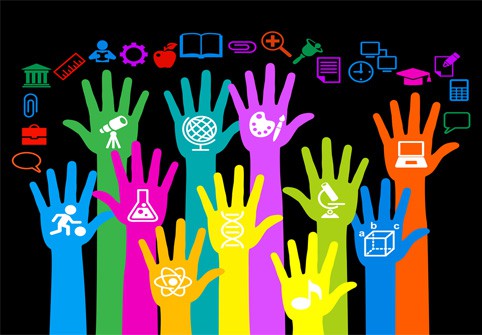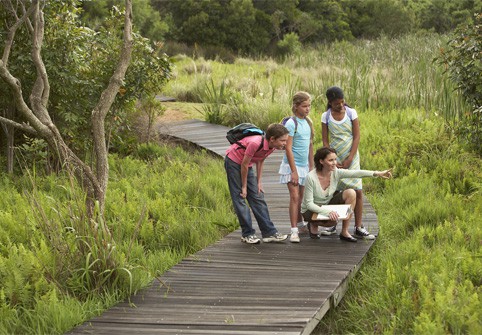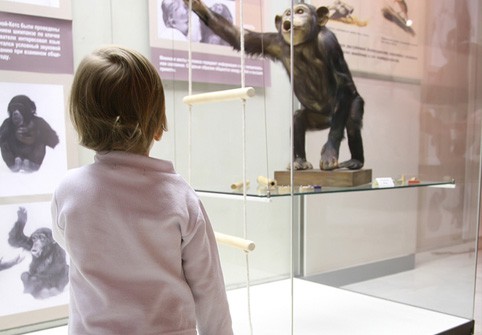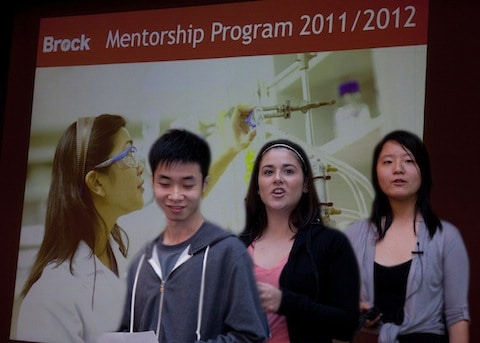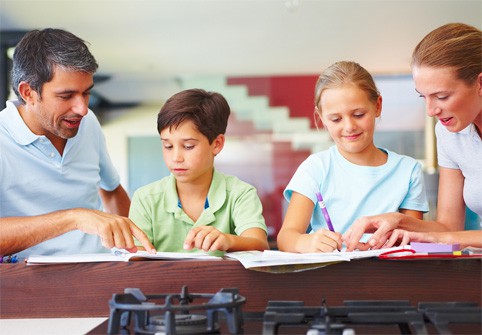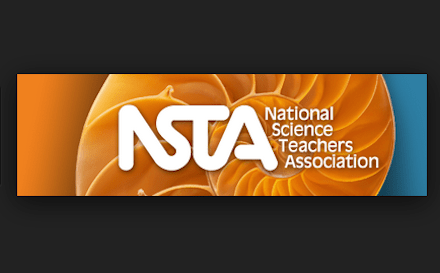Posts by wkehl
Teaching with Comics
Have you ever used a comic strip in class? Have you ever turned to a comic for your own education? (If you’ve ever read the flight safety pamphlet on a plane, the answer to that question is “yes.”) Despite their historical reputation as “low brow” non-literature (they were even blamed for juvenile delinquency back in the ‘50s) comics have proven useful for everything from motivating kids to read to instructional manuals for the military.
Cyber Peer-led Team Learning
In "peer-led team learning," groups of undergraduate college students works together in small groups (six to eight students) to solve problems with the help of a "peer leader" -- an undergraduate competent in the course content as well as group facilitation. This group work compliments traditional class lectures, but does not replace it. Research from the School of Science at Indiana University-Purdue University Indianapolis (IUPUI) explored a model of online peer-led team learning ("PLTL") using connectivity tools (such as Adobe Connect) to engage students during synchronous online sessions.
Science for The New Year
Looking for a science education resolution for the new year? Try nature journaling! You don't have to be an artist or a biologist to keep your own nature journal. All you need is paper, pen or pencil, and a willingness to find and observe nature.
Computers Can Help Students Learn Science
A recent study found that even brief use of an educational app called SolarWalk (for Apple devices) improved students' understanding of the solar system.
Children as Makers
How do you encourage kids to be curious, to build things and take things apart, and to become the designers and engineers of the future? Be supportive! MAKE has a great short video about children as makers by engineering professor and maker mom AnneMarie Thomas.
205 Trillion Online Instructional Resources – Feeling Overwhelmed?
As an educator, have you ever felt overwhelmed by the plethora of educational resources and techniques available - on top of and including state and national standards? If so, this news will either make you cry or jump for joy. Perhaps both. Researchers from Carnegie Mellon and Temple University have found that there are "more than 205 trillion instructional options available" for educators to choose from.
Improving Museum Education: Get Big or Get Out?
When it comes to learning things, why should people choose museums over the internet? Most museums' answers have centered around the idea of authenticity: museums provide access to real things.
Science Mentorship Program Matches High School Students with Scientists
A university in Canada has been matching bright local high school students with its research scientists in a win-win scenario that has the man who started the program asking, if it worked here, why not elsewhere?
Engineering for Families
Developed by the Foundation for Family Science & Engineering with support from the National Science Foundation, Family Engineering provides resources for elementary age children and their families to learn engineering through inquiry, as well as creativity, teamwork, and collaborative problem solving.
NSTA 2013 Resource Roundup
The best thing about the National Science Teachers Association annual conference - other than listening to great speakers and meeting peers - is all the free resources that are handed out by the bagful. While I can't share the rock samples, educational picture books, and bird observation kits I picked up, I can share some of the online resources I found in almost every session and every bo




